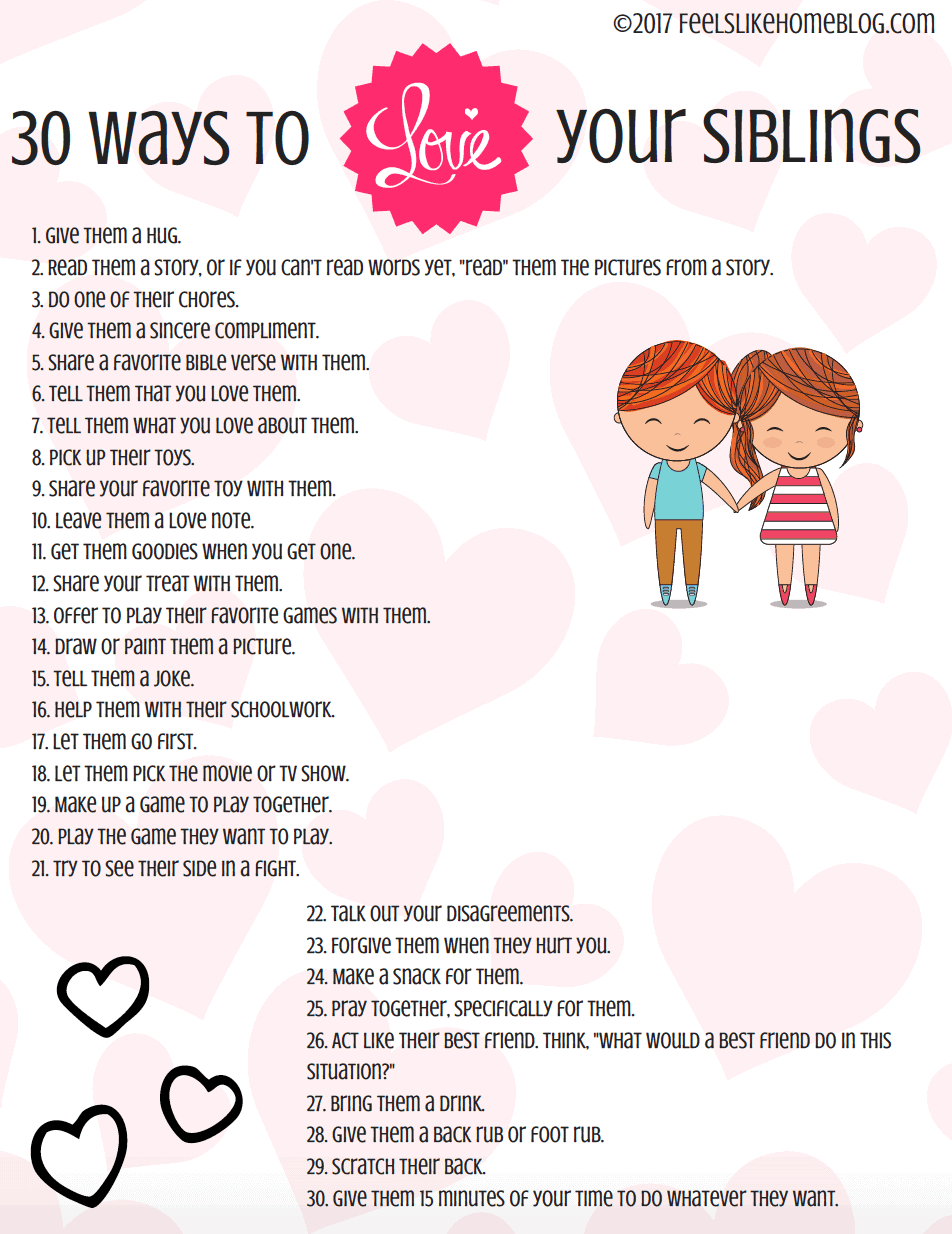
A long time ago, I read a really good book called Siblings Without Rivalry. It's been so long ago in fact that I just bought the audio version to listen to when I'm doing chores around the house (which, as you know, is not that often, but I will get it finished!). Here's how the book opens:
I secretly believed that sibling rivalry was something that happened to other people’s children.
Somewhere in my brain lay the smug thought that I could outsmart the green-eyed monster by never doing any of the obvious things that all the other parents did to make their kids jealous of each other. I’d never compare, never take sides, never play favorites. If both boys knew they were loved equally, there might be a little squabble now and then, but what would they really have to fight about?
Whatever it was they found it.
From the time they opened their eyes in the morning till the time they closed them at night, they seemed committed to a single purpose— making each other miserable.
It baffled me. I had no way to account for the intensity, savagery, and never-endingness of the fighting between them.
Was there something wrong with them?
Was there something wrong with me?
The books goes on to give practical suggestions for ways to avoid sibling rivalry, and it really is so good. I highly recommend that you read it if you have more than one child.
But there is something else that can be done, something that he book leaves out.
The Whole-Brain Child: 12 Revolutionary Strategies to Nurture Your Child’s Developing Mind talks about this point when it states:
You’re never going to get the conflict side of the equation to zero. Siblings argue; they just do. But if you can increase the other side of the equation, giving them activities that produce positive emotions and memories, you’ll create strong bonds between them and set up a relationship that has a good chance of remaining solid for life.
My girls fight. I'll be honest about it. They fight over toys and over bean bags and over who gets to sit on my lap. They fight over who gets to sit with whom on rides at Hersheypark. Sometimes, it feels like they fight over everything.
But my girls also love each other fiercely. As I type this, they are sitting in the living room together, and I can hear them playing Barbies together. This is a daily occurrence, as is playing Legos together and watching movies together. Grace likes to read to her sister, and they like to draw pictures of each other and for each other.
My girls are the first to ask, "Can I have one for my sister?" when they are offered a treat, and they (especially Allie) always share when there's only one treat to be had. They are wonderful to each other.
Except when they aren't, and then they can be vicious, mean, and hateful.
As the author of Siblings Without Rivalry said, it is baffling how the switch flips.
But for now, to encourage the positive and loving feelings, I have compiled a list of ways that they can love on each other, ways that each can provide her sister with a little bit of happiness and goodwill that will hopefully go a long way the next time there's a disagreement.
I have printed the list below and also created a printable for you, so please enjoy and let me know what you think.
30 Ways to Help Siblings Get Along
- Give them a hug.
- Read them a story, or if you can't read words yet, "read" them the pictures from a story.
- Do one of their chores.
- Give them a sincere compliment.
- Share a favorite Bible verse with them.
- Tell them that you love them.
- Tell them what you love about them.
- Pick up their toys.
- Share your favorite toy with them.
- Leave them a love note.
- Get them goodies when you get one.
- Share your treat with them.
- Offer to play their favorite games with them.
- Draw or paint them a picture.
- Tell them a joke.
- Help them with their schoolwork.
- Let them go first.
- Let them pick the movie or tv show.
- Make up a game to play together.
- Play the game they want to play.
- Try to see their side in a fight.
- Talk out your disagreements.
- Forgive them when they hurt you.
- Make a snack for them.
- Pray together, specifically for them.
- Act like their best friend. Think, "what would a best friend do in this situation?"
- Bring them a drink.
- Give them a back rub or foot rub.
- Scratch their back.
- Give them 15 minutes of your time to do whatever they want.
You can't go wrong with creating a little good will in your home. You could even apply these ideas to your spouse, and you would get the same results (maybe even better!).
Enter your name and email below to get the pretty printable of the list above.







Niki says
So helpful!
AH says
The printable link doesn’t work?
Tara Ziegmont says
It works for me. It's a popup that is run by a script, so it's possible you have a setting in your browser to disable it. Try a different browser maybe?